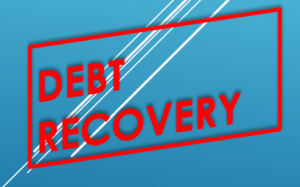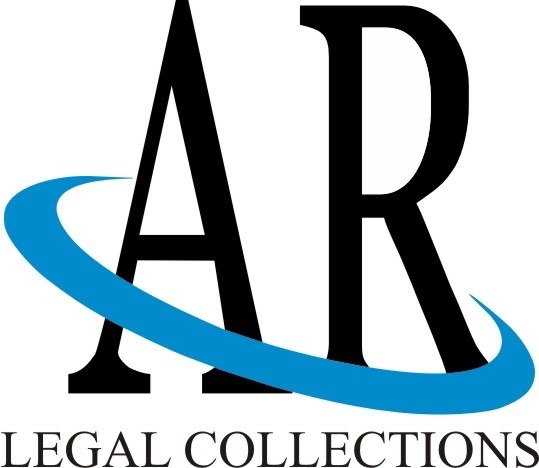
You’ve come to the conclusion that you’re not going to recover the overdue invoices from your client without some professional help, and so you enlist the services of a debt recovery agency. Here’s an overview of the collection journey.
What should you expect when the debt collection starts?
A debt collection agency will work to achieve the best possible outcome for you, consulting and updating you at each stage of any debt recovery process.
Start Collecting
Debt collection employs a range of approaches and follows a controlled, staged process.
A typical process starts with the agency asking you for all background material on your relationship with the client, such as your terms and conditions, copies of the overdue invoices and copies of any email communication in regards to the unpaid invoices.
Once they have all this information, an experienced agency will take a judgement and give you an honest and informed opinion as to the likelihood of part or all of the debt being recovered.
If the agency decides a debt is worth pursuing and once the background information is in place an initial ‘7 day demand’ letter will be sent. This letter gives the debtor no more than 7 days to pay the debt or be subject to legal proceedings. Liquidation (for a limited company) or bankruptcy (for an individual) proceedings will be specified in the case of debts over £5,000. More often than not, even if the debtor cannot pay the debt within this time, the letter will at least get a response and open up dialogue.
The agency will then act as an intermediary using Alternative Dispute Resolution. There are many directions the conversation could progress depending on the response from the debtor.
In an amicable situation, you may get paid or there may be an agreement to put a staged payment plan in place.
In a not so amicable situation, a second letter from the collection agency may be required giving details of the potential legal consequences and the further costs of not finding an amicable solution to the collection.
Legal Proceedings
Court fees are variable depending on the value of the debt, and are added to any claim.
Legal fees can escalate should the claim be defended and there is no guarantee these costs can be recovered. However, in certain cases, there is no other option but to issue legal proceedings.
Please note- this work will be carried out by our solicitor partners.
For debts over £5,000 and where the debtor has assets, you may decide to serve a Statutory Demand possibly leading to bankruptcy or liquidation. Costs for this can be passed onto the debtor.
Prior to any decision to invest further time and costs in pursuing proceedings of any kind, the agency will work with you and on your behalf to research and to evaluate what might actually be recouped, e.g discovery of the debtors’ assets.
Whatever decision is made, there will be no guarantee, even after successful court or bankruptcy proceedings that the debtor will pay immediately. However, a judgement in your favour will remain on record for six years which should encourage the debtor to pay.
Bailiffs & Sheriffs
Following successful legal proceedings with a judgement awarded in your favour you have the option to use County Court bailiffs to recover the debt.
However, whilst bailiffs have their place in debt collection, they are not always the most incentivised and successful.
Sheriffs on the other hand tend to have better results; mainly because they have greater powers without invitation and as private companies their incentive is greater, therefore their approach more tenacious.
The agency will appoint and work directly with either bailiffs or sheriffs should they be required.
This is an area of debt collection that is an absolute last resort, however often a necessary one.
Conclusion
Remember, an invoice up to SIX years old is legally enforceable. So don’t write off that debt until you have exhausted all options.
